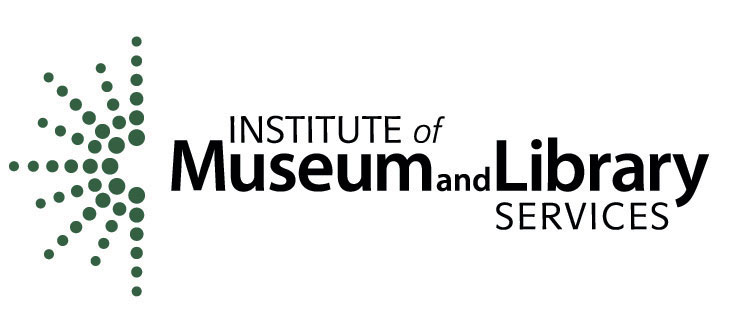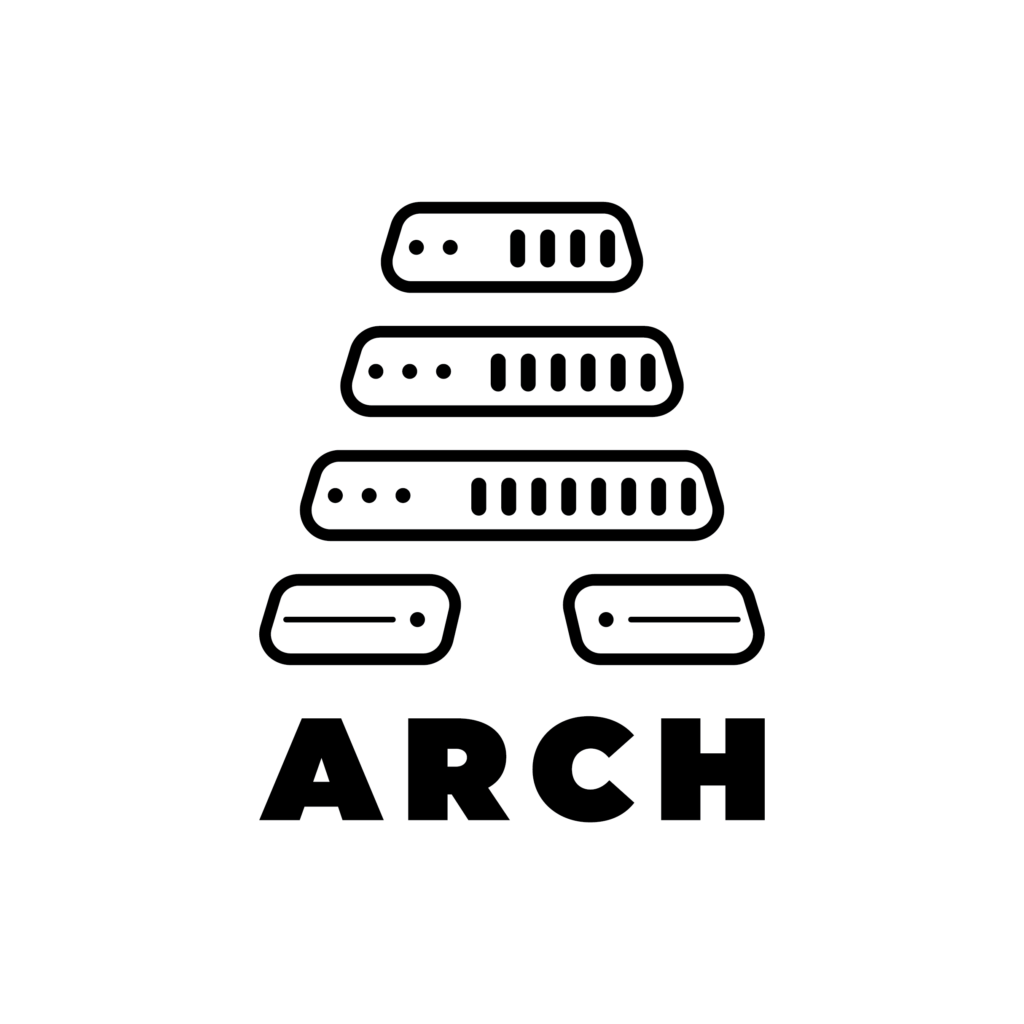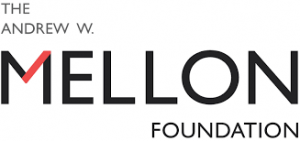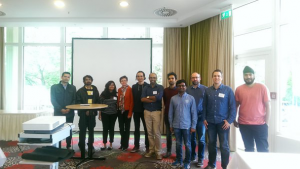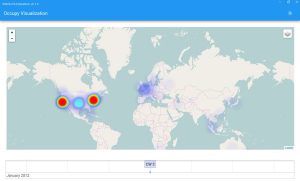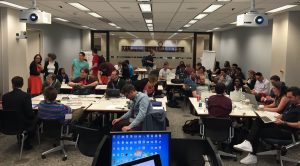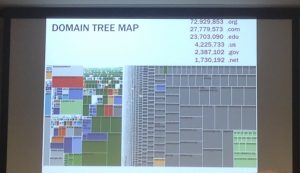In June, we announced the official launch of Archives Research Compute Hub (ARCH) our platform for supporting computational research with digital collections. The Archiving & Data Services group at IA has long provided computational research services via collaborations, dataset services, product features, and other partnerships and software development. In 2020, in partnership with our close collaborators at the Archives Unleashed project, and with funding from the Mellon Foundation, we pursued cooperative technical and community work to make text and data mining services available to any institution building, or researcher using, archival web collections. This led to the release of ARCH, with more than 35 libraries and 60 researchers and curators participating in beta testing and early product pilots. Additional work supported expanding the community of scholars doing computational research using contemporary web collections by providing technical and research support to multi-institutional research teams.
We are pleased to announce that ARCH recently received funding from the Institute of Museum and Library Services (IMLS), via their National Leadership Grants program, supporting ARCH expansion. The project, “Expanding ARCH: Equitable Access to Text and Data Mining Services,” entails two broad areas of work. First, the project will create user-informed workflows and conduct software development that enables a diverse set of partner libraries, archives, and museums to add digital collections of any format (e.g., image collections, text collections) to ARCH for users to study via computational analysis. Working with these partners will help ensure that ARCH can support the needs of organizations of any size that aim to make their digital collections available in new ways. Second, the project will work with librarians and scholars to expand the number and types of data analysis jobs and resulting datasets and data visualizations that can be created using ARCH, including allowing users to build custom research collections that are aggregated from the digital collections of multiple institutions. Expanding the ability for scholars to create aggregated collections and run new data analysis jobs, potentially including artificial intelligence tools, will enable ARCH to significantly increase the type, diversity, scope, and scale of research it supports.
Collaborators on the Expanding ARCH project include a set of institutional partners that will be closely involved in guiding functional requirements, testing designs, and using the newly-built features intended to augment researcher support. Primary institutional partners include University of Denver, University of North Carolina at Chapel Hill, Williams College Museum of Art, and Indianapolis Museum of Art, with additional institutional partners joining in the project’s second year.
Thousands of libraries, archives, museums, and memory organizations work with Internet Archive to build and make openly accessible digitized and born-digital collections. Making these collections available to as many users in as many ways as possible is critical to providing access to knowledge. We are thankful to IMLS for providing the financial support that allows us to expand the ARCH platform to empower new and emerging types of access and research.
